Poverty: Single major challenge facing Wales - warning
- Published
- comments
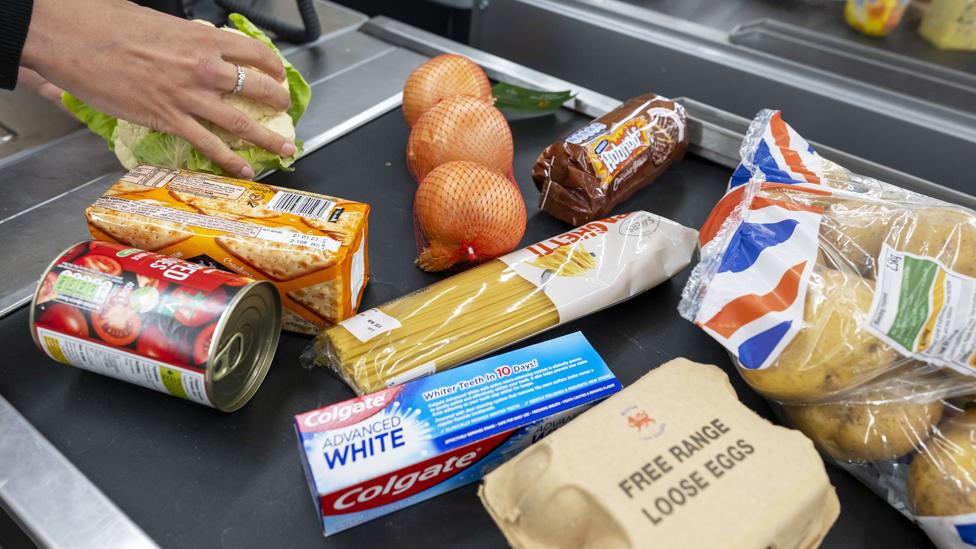
UK food costs jumped 14.6% in the year to September - the biggest rise since 1980 - with bread, cereal, meat and dairy prices all climbing
Poverty in Wales is the "single major challenge", an official report has warned.
Figures suggest more than a third of children in Wales are now classed as living in poverty, more than anywhere else in the UK.
The Audit Office has called for renewed focus across every tier of government in Wales to address the issue.
It includes a key recommendation for new a national strategy and targets to tackle poverty.
The 50-page investigation by the auditor general for Wales, external said it recognised that dealing with poverty remains a priority for Welsh government and local councils.
However, it stated that a mix of approaches and "complicated" working environments meant "ambitions, focus, actions and prioritisation vary widely".
The Audit Office said the current cost of living crisis was making the situation even worse.

Rise in families 'on the edge'
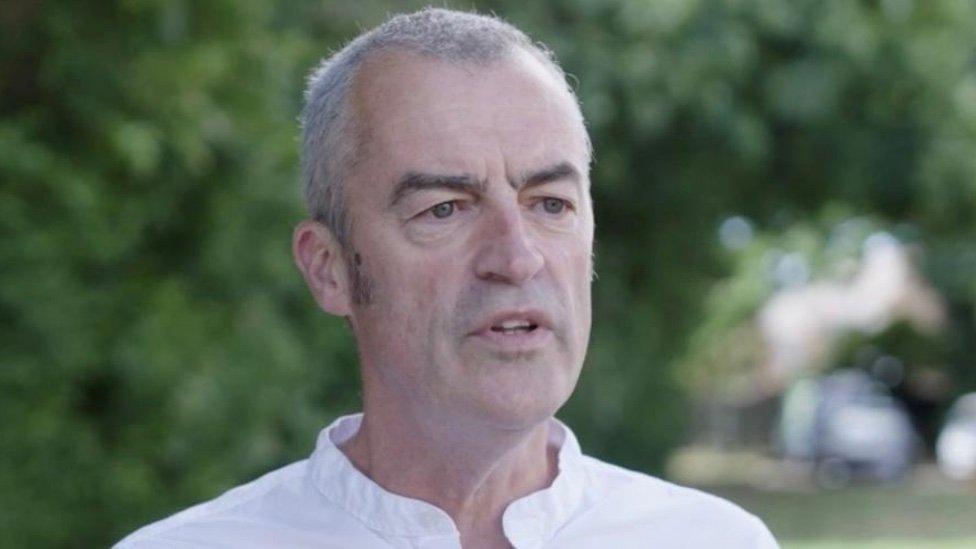
Robbie Davison warns poverty services in Wales are facing a winter crisis
If things feel bad now, there's worse to come, warns the man behind a social enterprise partnership aimed at feeding those struggling to pay for food.
Robbie Davison said spiralling food costs were eye-watering, and "hard working people" were struggling.
He set up Well-Fed in Flintshire, external, alongside the council and ClwydAlyn Housing Association, with a mission to "feed hungry people fresh meals, free of charge".
He said there had been a shocking rise in requests for help from Well-Fed, with families "on the edge" financially now unable to cope.
He warned that as winter approached, there would be a further crisis.
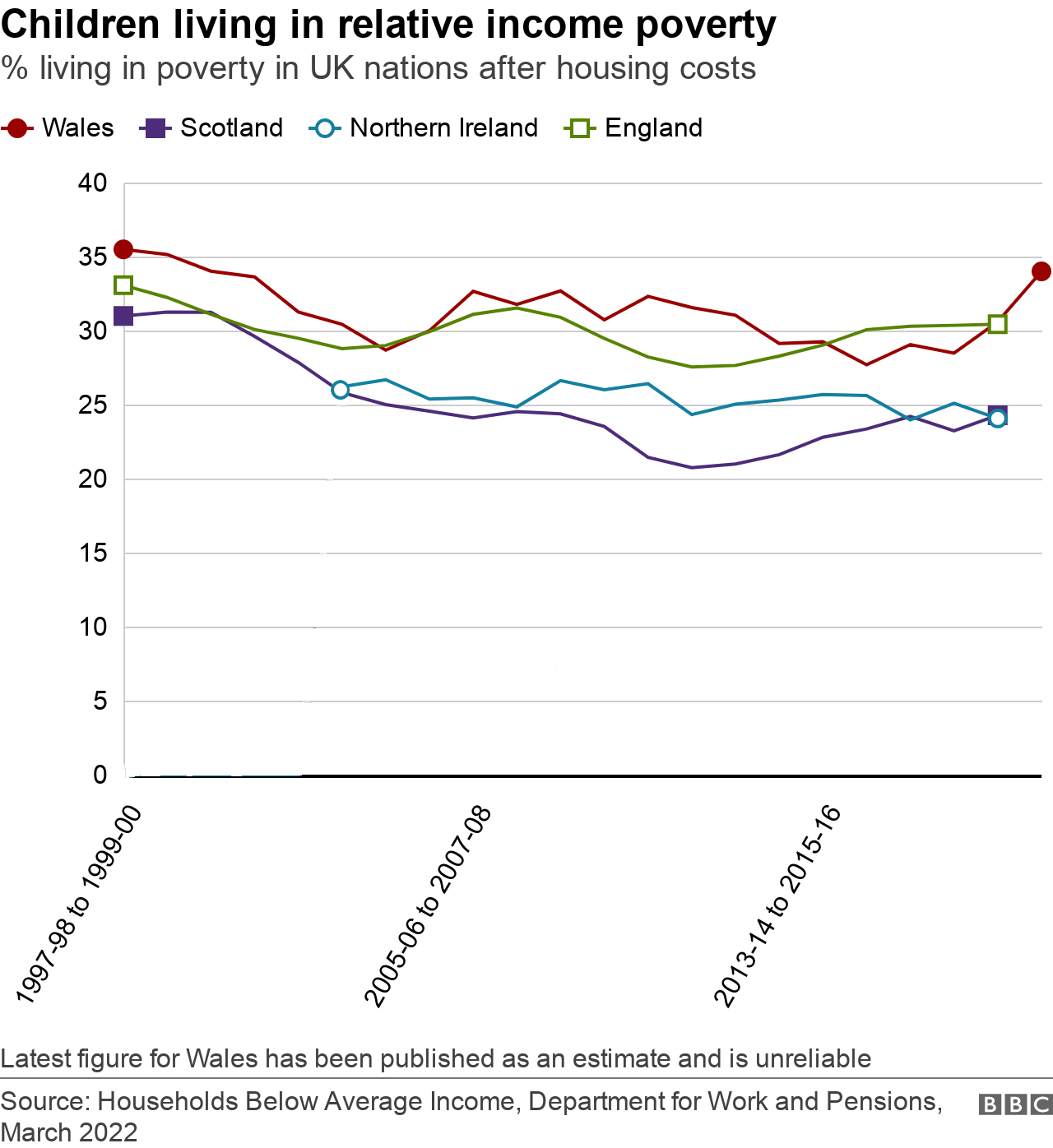
"The services who deal with this are not ready to deal with the demand. The moment it starts to get cold, people will start to slip."
He is also critical of the universal help from the UK government on energy bills.
"It doesn't matter if you've got heating, if you've got no food - you are never going to get warm," he said.
"If you've got a good meal inside you - you can at least start to cope."

According to the report, 34% of children in Wales were predicted to be living in poverty in March 2021, external.
It means that 34% of children in Wales are living in a home where the income available to that household is less than 60% of the UK average - which is how relative income poverty is defined by officials in Wales, external.
Those classed as falling into "in-work poverty" - where working families no longer have enough income to meet household bills - rose by 18% in Wales in 2021.
The report said the UK government's Office for Budget Responsibility forecasts suggest household incomes across the UK will fall in 2022-23 "by the largest amount since records began in the mid-1950s" when inflation is taken into account.
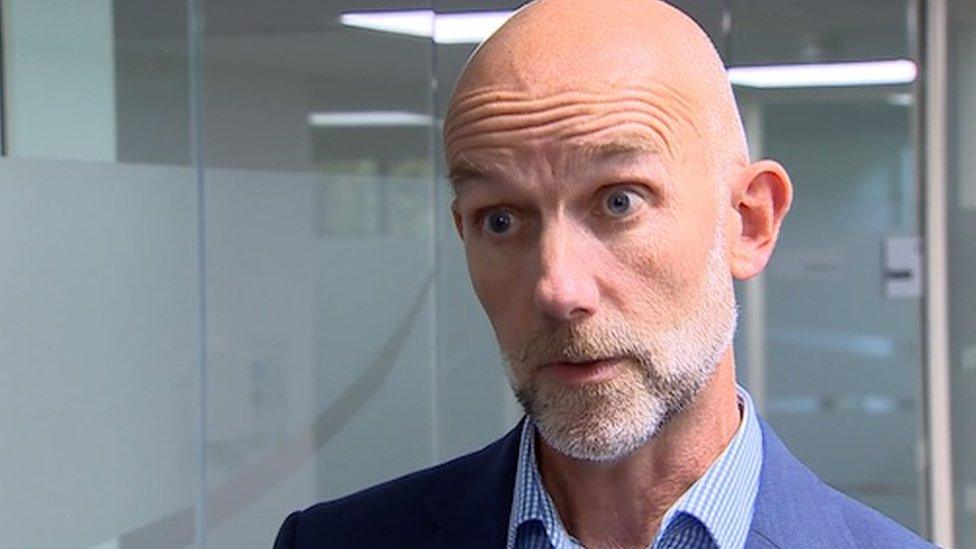
Auditor General for Wales Adrian Crompton says the report offers insights into poverty for leaders across Wales
In Wales, the Audit Office said greater numbers of people are now experiencing energy and food insecurity, adding: "The poorer you are, the greater the impact of the cost-of-living crisis is having on you."
Auditor General for Wales Adrian Crompton said the report was a chance to offer "some reflections" on the issues for those in charge across the country;
"For the Welsh government, I would certainly not question the sincerity of their commitment, not that of local authorities around the country, but there are things we can do to improve the way we address the issue," he said.
The Audit Office estimated that a wide range of Welsh government projects supporting people in poverty was collectively worth about £1bn in 2021-22.
But it also stressed that the total level of spending by both Welsh government and local councils "is unknown".

WHAT'S KILLING OUR RIVERS?: Wyre Davies investigates what and who is to blame

Red tape
It has also flagged that a target to eradicate child poverty in Wales by 2020 was dropped in the last Senedd term, and made one of its key recommendations a need for a "revised national strategy" on child poverty.
In addition to calls for a revised national strategy on tackling poverty, it has also called for:
Local authorities to establish local strategies and adopt targets, with a greater emphasis on prevention
Councils to designate lead members in cabinets responsible for addressing poverty
Calls on the Welsh government to provide longer funding programmes, and to cut red tape in the process for bidding for grants
Improve accessibility to services in local authorities by learning more about the lived-experience of those in need
Develop one-stop-shop digital services that can provide all the information for those in need, and make sharing their needs simpler across multiple services.
However, the Audit Office report also recognised that neither the Welsh government nor local authorities were able to change several key factors outside of their control.
Issues such as welfare benefits, taxation, social security payments, employment law and minimum wages were all powers held by the UK government.
The report noted that the Welsh and UK governments often had "divergent views on the role of the state in tackling and alleviating poverty".
Responding to the report, the Welsh government said it will carefully consider the findings.
"We are doing everything we can to tackle poverty and help people through the very difficult cost of living crisis by providing targeted support to those who need it most and through universal programmes which put money back in people's pockets," said a Welsh government official.
"However, we won't be able to protect everyone given the size and scale of the financial problems caused by the UK government's mishandling of the public finances."
'Disastrous implications'
A spokesperson for the Welsh Local Government Association, which represents local authorities in Wales, said: "We welcome the acknowledgment of the good work done by councils to get to grips with poverty in our communities.
"However, councils face an £802m budget black hole over the next two years. Left unfunded, such a shortfall could have disastrous implications for vital community services such as social care, housing, and schools.
"We urge the UK government to confirm funding for Wales, to enable Welsh Government to invest in these vital services."
A UK government spokesperson said: "Latest figures show there were two million fewer people in absolute poverty compared with ten years ago, including 500,000 fewer children.
"However we know households are worried about rising costs, which is why we are protecting the most vulnerable families in Wales with at least £1,200 of direct payments.
"The UK Shared Prosperity Fund is matching previous EU funding and gives local people, rather than Brussels, control over how the money is spent. This takes into account local populations and ensures money goes to areas that need it the most."


- Published23 September 2022
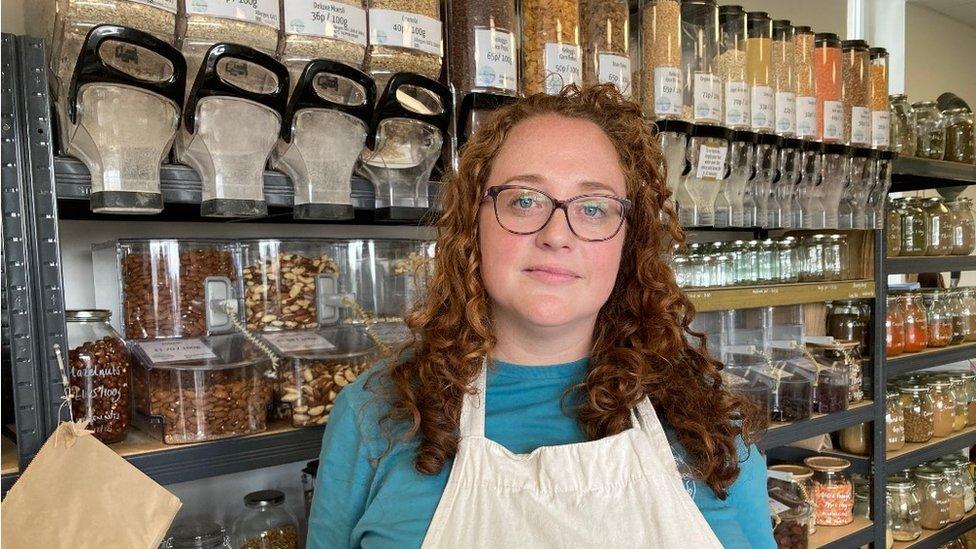
- Published22 October 2022
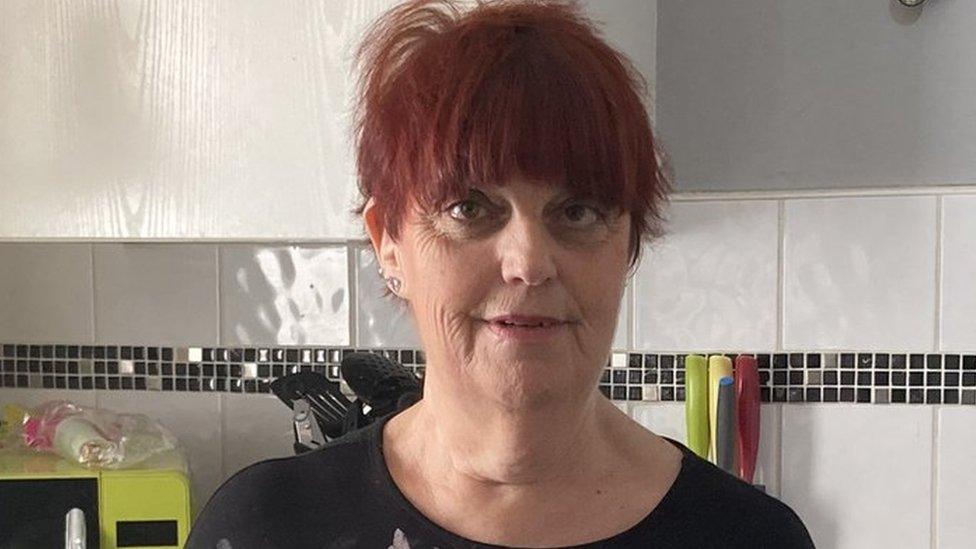
- Published29 October 2022
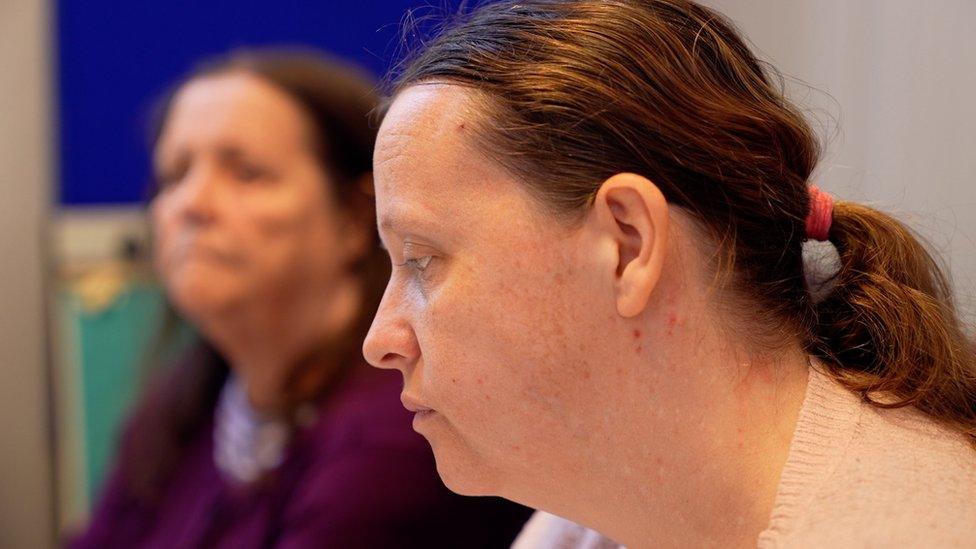
- Published20 May 2021
